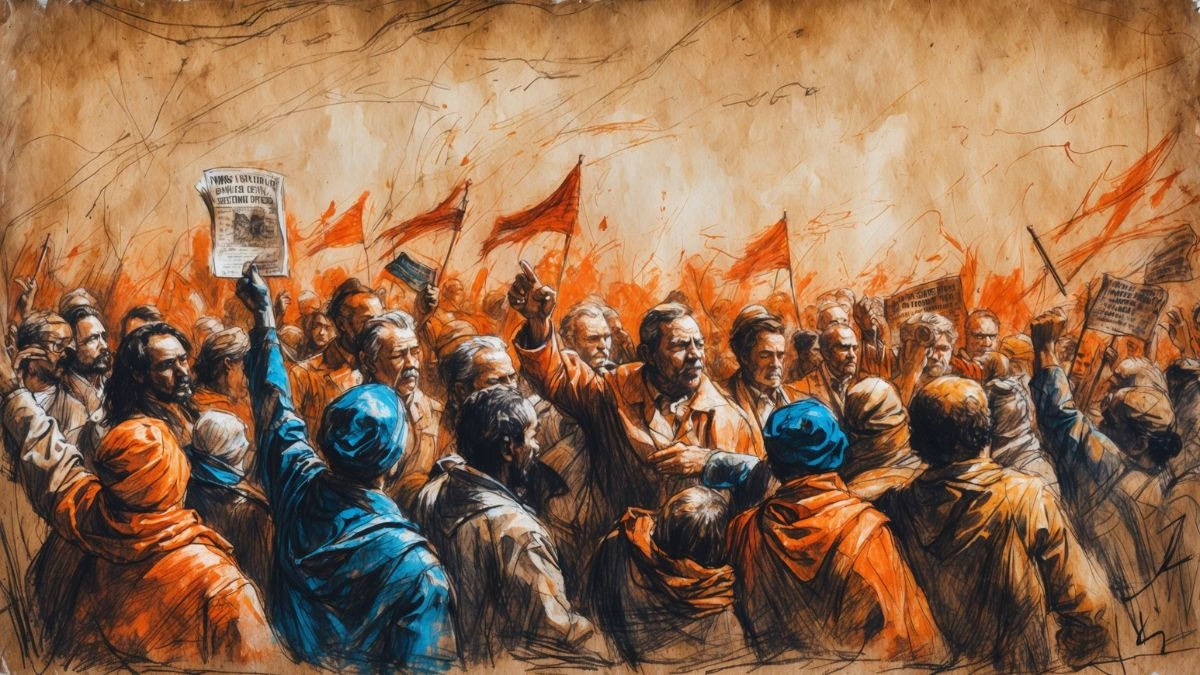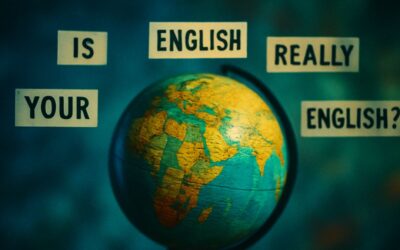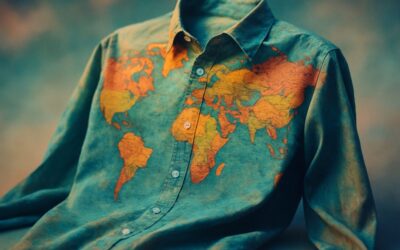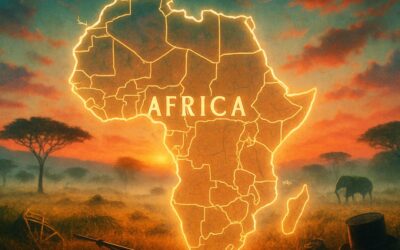Introduction
Have you ever stopped to think about the rights you have today? The freedom to speak your mind, to choose your own path, to be treated with dignity—these are things we often take for granted. But these rights weren’t just given to us; they are the result of a long, and often difficult, journey. The history of human rights is the story of humanity at its best: a story of courage, compassion, and the timeless struggle for a better, fairer world.
This quiz is designed to be your personal guide on that journey. It’s not a test of what you already know, but a chance to learn and be inspired. By exploring these questions, you will:
Discover surprising origins: Uncover ancient artifacts and revolutionary ideas that laid the groundwork for our modern understanding of rights.
Meet the pioneers: Learn about the key figures and movements that fought for the rights of all people.
Understand the “why”: See how major historical events shaped our global commitment to protecting human dignity.
Feel empowered: Gain a deeper appreciation for your own rights and the importance of defending them for everyone.
So, are you ready to travel through time and discover the story of how we came to declare that all human beings are born free and equal? Let’s begin the journey.
Quiz Content Audio
Learning Quiz
This is a learning quiz from English Plus Podcast, in which, you will be able to learn from your mistakes as much as you will learn from the answers you get right because we have added feedback for every single option in the quiz, and to help you choose the right answer if you’re not sure, there are also hints for every single option for every question. So, there’s learning all around this quiz, you can hardly call it quiz anymore! It’s a learning quiz from English Plus Podcast.
The Story of Our Rights
Hello, and welcome. Let’s talk about an idea. An idea so powerful it has sparked revolutions, toppled empires, and fundamentally reshaped our world. It’s the simple, radical idea that every single one of us, just by virtue of being human, is born with certain rights. The right to be treated with dignity. The right to be free. The right to have a voice.
But where did this idea come from? It didn’t appear out of thin air. The history of human rights is a long, fascinating, and often difficult story, and understanding it helps us appreciate the freedoms we have today.
Our story could start in many places, but let’s begin over 2,500 years ago, in 539 B.C. The powerful Persian king, Cyrus the Great, conquers the city of Babylon. But instead of looting and destroying, he does something astonishing. He frees the slaves and declares that all people have the right to choose their own religion. These decrees, recorded on a clay artifact we now call the Cyrus Cylinder, are seen by many as the world’s very first charter of human rights. It was a flicker of light in a world of absolute rulers.
For centuries, the idea of rights remained mostly dormant, as power was concentrated in the hands of kings and emperors. But then, in 1215 in England, we see another crucial step. A group of rebellious nobles forced the tyrannical King John to sign the Magna Carta, or “Great Charter.” For the first time, a European monarch officially agreed that he was not above the law. While it mostly protected the rights of powerful men, it planted a seed: the idea that a ruler’s power should be limited and that citizens have a right to due process.
This seed began to sprout during the Age of Enlightenment in the 17th and 18th centuries. Thinkers like John Locke in England came forward with a revolutionary concept: “natural rights.” He argued that we are all born with a right to life, liberty, and property, and that the entire purpose of government is to protect these rights. This was a game-changer. It flipped the old idea of power on its head.
These ideas weren’t just for books; they fueled real-world revolutions. In 1776, American colonists, inspired by Locke, declared their independence. And in 1789, the French Revolution erupted, giving us the powerful Declaration of the Rights of Man and of the Citizen, which boldly stated that “men are born and remain free and equal in rights.”
The 19th century became an era of great social crusades. The long and brutal history of slavery was finally challenged by the abolitionist movement. People of conscience in Europe and the Americas argued that the right to liberty was truly universal and that no human being could be owned as property. At the same time, another struggle was gaining momentum. For centuries, half of the population had been excluded from the political process. The Women’s Suffrage Movement fought for the simple, radical idea that women, too, had the right to vote and participate in their democracies.
But the greatest catalyst for our modern human rights system was also the darkest chapter in human history: World War II. The world witnessed the horror of the Holocaust and the devastation of total war. In its aftermath, people were determined to say, “Never again.” In 1945, they formed the United Nations, an organization designed to promote peace and prevent future atrocities.
Its first and most important task was to answer the question: What are the fundamental rights of all people? A brilliant committee, chaired by former US First Lady Eleanor Roosevelt, got to work. In 1948, they gave the world a gift: the Universal Declaration of Human Rights (UDHR). This remarkable document, for the first time in history, listed 30 rights that belong to everyone, everywhere. It includes civil and political rights, like freedom of speech and the right to a fair trial. And it includes economic, social, and cultural rights, like the right to education and the right to work. It declared these rights to be universal, belonging to all, and inalienable, meaning they cannot be taken away.
The UDHR became the North Star for the modern human rights movement. It inspired the American Civil Rights Movement led by Dr. Martin Luther King Jr. as he fought to dismantle segregation. It fueled the Anti-Apartheid Movement in South Africa, where Nelson Mandela and his allies fought against a brutal system of racial discrimination. It formed the basis for new treaties, like the Convention on the Rights of the Child, and new institutions, like the International Criminal Court, created to hold accountable those who commit the most heinous crimes against humanity.
Today, the struggle continues. The history of human rights shows us that progress is possible, but it is never guaranteed. It is driven by brave human rights defenders who often risk their own safety to stand up for others. The goal now is to close the gap between the beautiful promises written on paper and the lived reality of people all over the world.
So, the next time you cast a vote, voice an opinion, or simply enjoy a day in peace, remember this long story. It is your story. It is the story of our shared struggle for dignity, and a powerful reminder that the rights we enjoy today are a precious inheritance that we must protect for the generations to come.










0 Comments